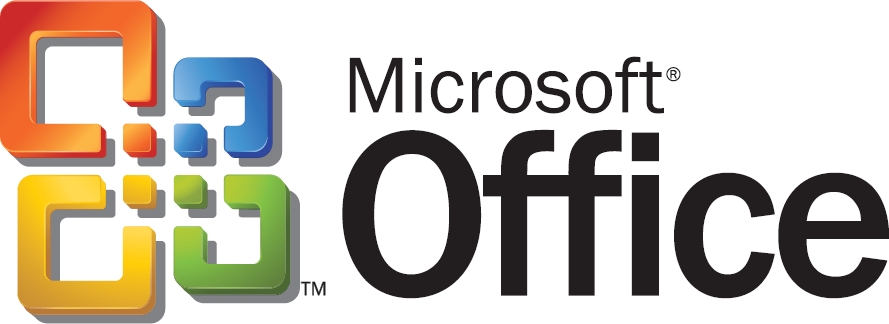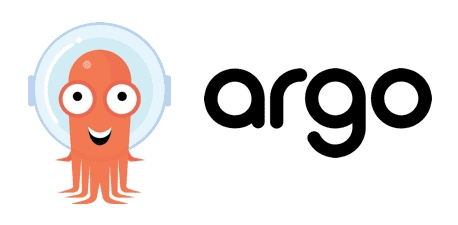The rise of the smart device meant that more and more people were going to be using these for more than just communication. Mobile banking, mobile home automation, mobile car monitoring, you name it, there is probably an app for it. With this new and powerful accessibility there comes risk. Attackers know that mobile security is not exactly where it should be, and that people are more trusting on their phones than they might be on their laptops and desktops (maybe). We also have the issue with how mobile apps access the information they have permissions to and display it to the user. To call mobile device security a mess would be a gross understatement.
- Details
- By Sean Kalinich
- Hits: 1254
Back in the late 90s’ the first macro viruses appeared on the scene. The leveraged a feature of Microsoft Office that allowed a malware developer to execute programmed instructions via the office interface. This new option opened a lot of avenues for inserting a malicious payload on to a target system. Now some 20+ years later Microsoft is finally really doing something about this hole in their Office product. The are blocking all downloaded/external macros by default.
- Details
- By Sean Kalinich
- Hits: 1229
Read more: Microsoft is Finally Blocking Downloaded Macros...
A vulnerability disclosed and patched in January is rearing its ugly head. Identified as CVE-2022-21882, this vulnerability affects Windows 10, 11 and Windows Server. On its own it is a significant threat since is allows for a privilege escalation that can turn into a complete compromise of the targeted device. Not exactly what you want to leave open. The good news is that Microsoft released a patch for it in January.
- Details
- By Sean Kalinich
- Hits: 1380
The Go Programing Language (Go or Golang) was developed back in 2007 by a few engineers who were working at Google at the time. Go was launched in 2009 as an open-source programing language and it is primarily used in Google’s own production systems. It has been described as Python meets C and has syntax similarities with C and procedural similarities with Python (dynamic-typing etc.). So, you end up with a language that has quickness, security, and structure of a compiled programing language along with the development speed and simplicity of a dynamic language.
- Details
- By Sean Kalinich
- Hits: 996
Containers are a popular item with cloud-based infrastructure. The idea of running low-cost (from a resource standpoint) systems to handle work loads while maintaining a higher level of security is a nice one. Making this type of decision does not mean that it puts them out of the reach of attackers though. We have seen several methods used by attackers to gain access to and control of the containers that that are in use. One of the latest is due to a 0-Day flaw in the Argo Continuous Deployment tool.
- Details
- By Sean Kalinich
- Hits: 931
Read more: New Bug in Container Deployment Tool, Argo, Puts...
More Articles …
- Recent North Korean Internet Outages Potentially Caused by One Person with a Grudge
- First provable SHA-1 Collision Happened Five Years Ago Yet SHA-1 is Still an Option.
- New Vulnerability Found that Exposes a Large Number Routers to UPnProxy Attack
- Apple iOS Privacy Changes take a $10 Billion Chunk Out of Facebook’s Ad Plans.
Page 26 of 33








